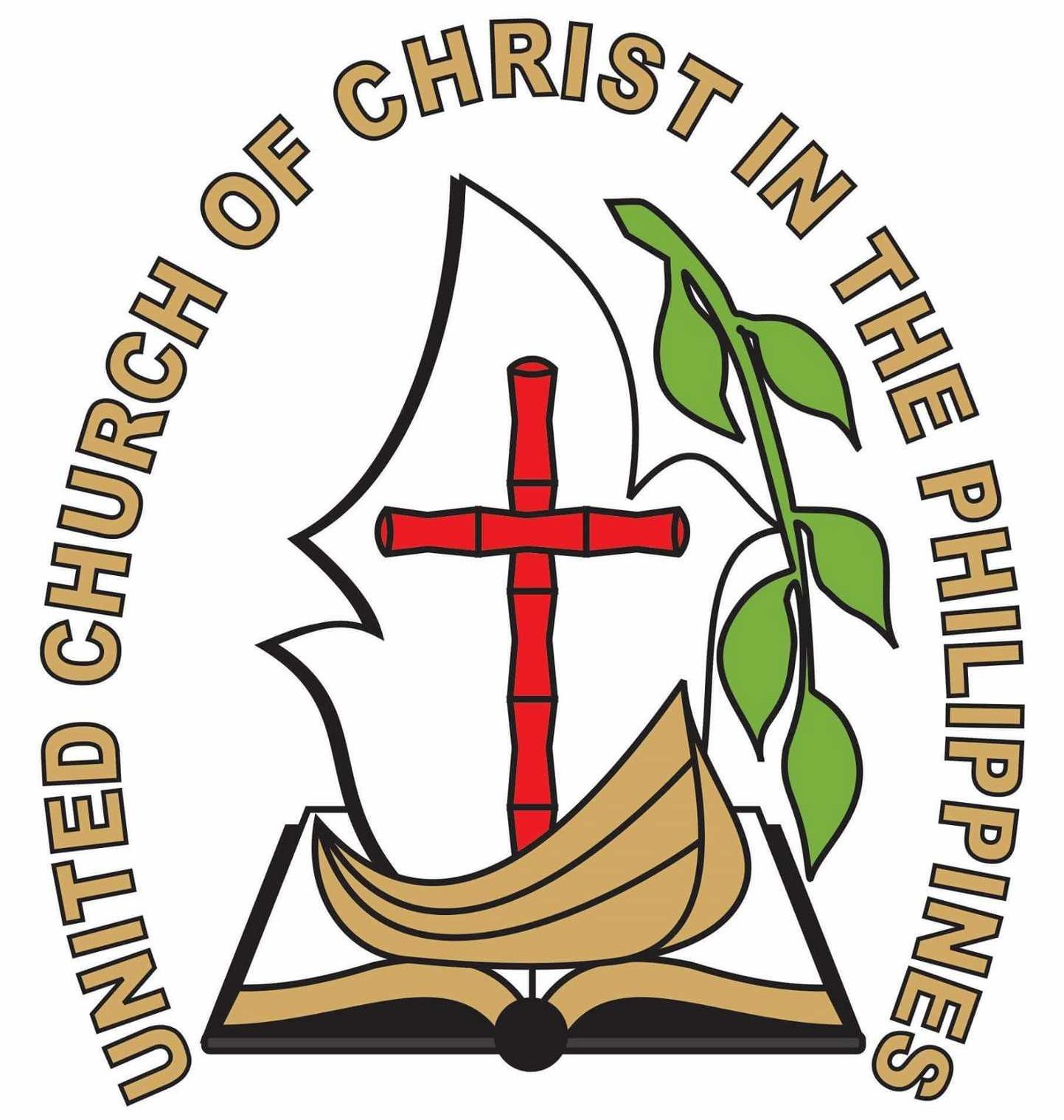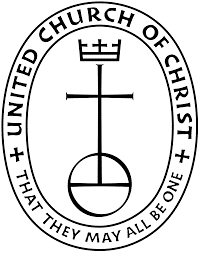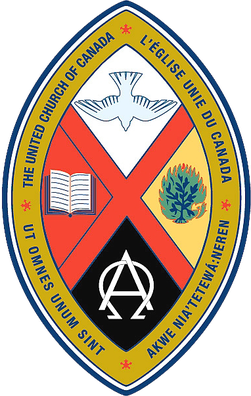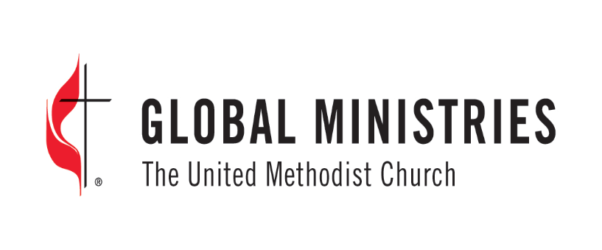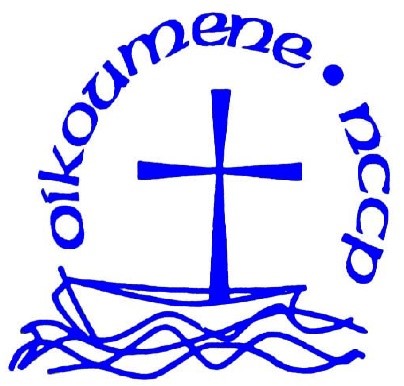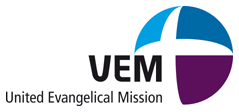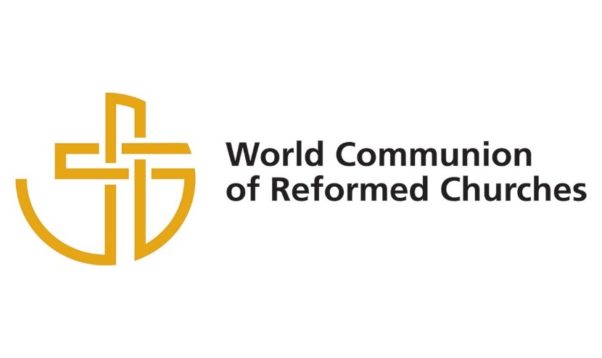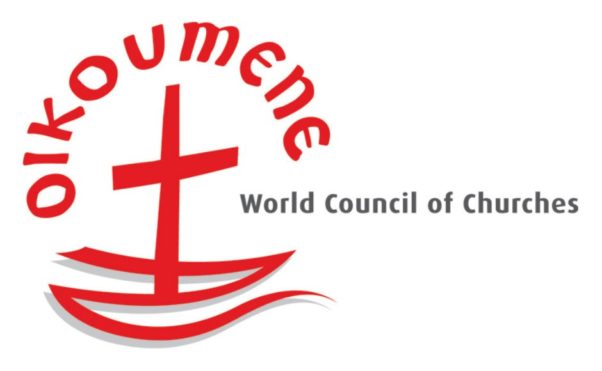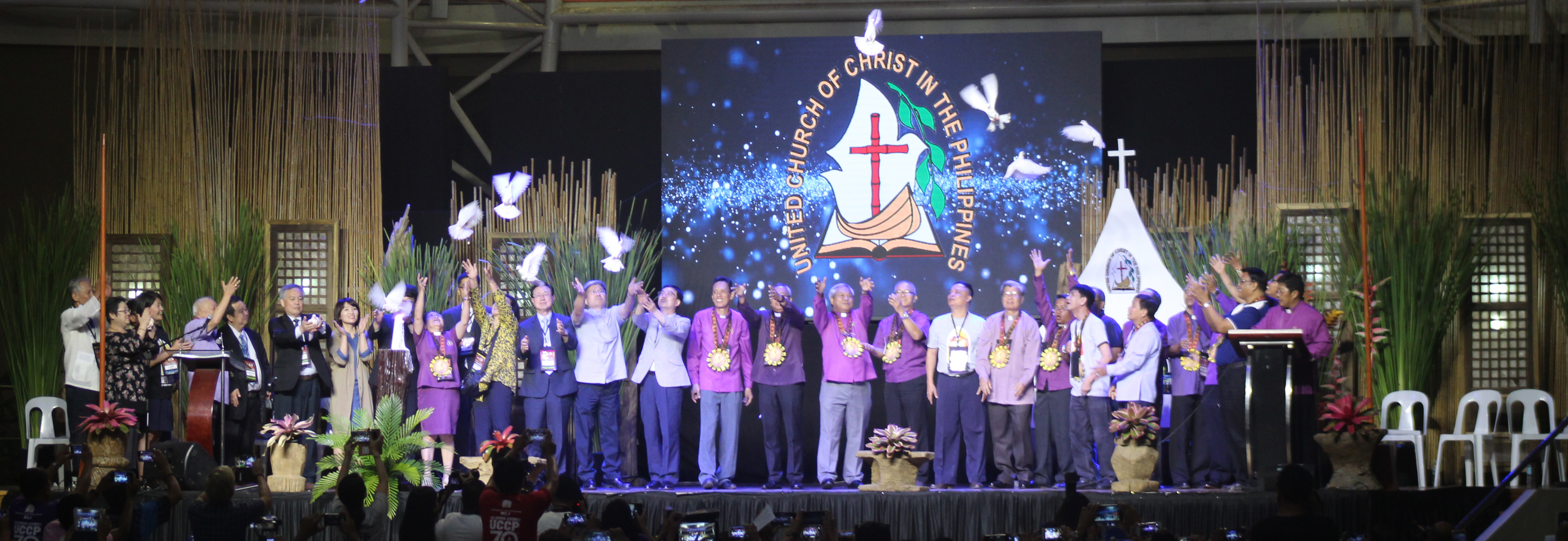

PARTNERS IN MISSION
THE BASIS OF OUR MINISTRY
The Mission Statement of the UCCP declares, “…the UCCP commits itself to the mission of establishing and uniting the community of faith for the proclamation of the Gospel of our Lord Jesus Christ towards the transformation of both church and society” (UCCP National Council 1999). The concept of uniting the community is a prerequisite to the rest of the missiological task. Therefore, the work and effort toward Church Union and Unity is very important to the UCCP as it seeks to fulfill its mission in the world.
The United Church of Christ in the Philippines draws guidance and formulates direction from the inspired word of God in the Bible and from the concrete experience of living out our faith in Jesus Christ in the world. Both sources have underscored the importance of witnessing outward into diverse communities in an effort to establish unity.
CONTEXT OF OUR TASK
The UCCP must be commended, however, on its development toward self-determination in the face of a continued reliance on international support. The UCCP has come to understand the value of importance of ensuring the principle that the UCCP must define and determine the use of its resources regardless of whether it is generated from within the UCCP or from foreign sources.
The context of our task must speak to both the national and international dimensions of our work and ministry. It must speak to both church relationships and relationships that are forged beyond the boundaries of the church. Yet, because the local church is the primary locus of our mission in the UCCP, we must frame our discussion from the perspective of the local church. We must seek to identify how the expression of our church and ecumenical relationships can be applicable and practical in serving the mission of the local church.
The United Church of Christ in the Philippines draws guidance and formulates direction from the inspired word of God in the Bible and from the concrete experience of living out our faith in Jesus Christ in the world. Both sources have underscored the importance of witnessing outward into diverse communities in an effort to establish unity.
OUR PARTNERS
POLICY DIRECTIONS
A. National Relations:
On the national dimension of our work and ministry, the UCCP experiences union and unity in four distinct forms. In the first form, we relate and work with local churches within the UCCP as an “organic” union. This means that we have incarnated our past differences and identity into one church and adhere to the one constitution of the United Church of Christ in the Philippines. In the second form, we relate to and work with local churches of the Philippine Independent Church and the UNIDA churches in a “covenant” union. We have something of a “shared citizenship” by virtue of this signed covenant agreement. We participate in joint activities and have a high degree of respect for one another. Yet, we continue to adhere to our own church constitution and polity. In the third form, we relate to and work with local churches that, like us, are members of the National Council of Churches in the Philippines (NCCP) in a “conciliar” union. We recognize we are part of a larger Christian body to witness and act together. Yet, we are not bound together in a formal contractual agreement. Finally, in the fourth form we enter into “inter-faith and solidarity relationships are based on forging unity through common goals and ideals that are in line with the ministry and program priorities of the UCCP. Inter-faith and solidarity relationships are forged with or without written agreements and within or outside the boundaries of the Church.
- Organic Union:
The strength of our ministry as a United Church lies in the cohesiveness of our unity. As an organic union, the potential is always there for some in the UCCP family to feel unattended, alienated, and even disturbed about the orientation and program priorities of the wider UCCP body. Division and strife must always be addressed with great concern, understanding and attention to ensure the unity of the UCCP.
- Covenant Union:
In a covenant union, understanding how and to what degree we share in communion with the other church denomination is a core concern. There are misunderstandings about the appropriateness of sharing seminaries and churches among covenanting churches that are so different. There are also misunderstandings about the goal of a covenant union. Some argue that a covenant is an important step toward organic union others argue that an organic union intending to incorporate the values and principles of another church cannot happen outside of a constitutional convention. There are misunderstandings as to who holds authority to approve a covenant union. The UCCP must find consensus as to its purpose, process and ultimate goal in entering into covenant relationships.
- Conciliar Union:
As a founding member, the UCCP is actively involved in the National Council of Churches in the Philippines (NCCP). The UCCP works ecumenically with other member churches through various joint programs and undertaking.
- Inter-faith Relations and Community Ministries:
Inter-faith Relations and community ministries have assumed new meaning and importance as wars continue to break out across religious lines and history continues to be shaped by people’s initiatives and movements. Because involvement in these types of relationships are outside the norms of the traditional models of unity which are based on a common faith perspective, the church must walk cautiously into such relationships. Careful attention must be accorded to resistance that may emerge from major portions of the UCCP. The appropriate degree to which the UCCP will involve itself and lend its name must always be evaluated and assessed in light of the whole church.
- Affiliation of Independent Local Churches
As a united and uniting church, we are open to accepting independent local churches who wish to affiliate with the UCCP.
B. International Relations:
The international dimensions of the work and ministry of the UCCP have been guided by the Partnership in Mission document of 1990. But in the years since its approval and publication, the process of applying the document to the international relations of the UCCP has shown a need to further support the document with additional policies. The Partnership in Mission document is now integrated into a document that now serves as the definitive manual of policies and guidelines that govern international relations of the UCCP. International relations of the UCCP are defined under two categories, namely: Partnership and Personnel Exchange. Partnership implies the organizational link that is established between the UCCP and another. Under the category of Partnership are included the programs and projects that are the expression or outcome of the partnership. The second category is Personnel Exchange, although this is also an expression of partnership, it is given special attention because of importance we place on human resources.
- Partnership
The UCCP encourages partnership relationships because they promote unity through understanding and cooperation.
- Partnerships facilitate increased understanding of each partner’s faith situation, needs and concerns.
- Partnerships increase the capability of partners to pursue mission by bringing together God’s resources.
- Personnel Exchange
The UCCP actively promotes Personnel Exchange, which is both the receiving and sending of people, as an expression of international partnership.
The UCCP understands the receiving and sending of people as an important component in its effort to give at the table of resource sharing. As a Church with a creative and dynamic ministry, the UCCP offers a place where people can come and enter into ministry with UCCP church workers. The UCCP offers its ministry as an opportunity into which internationals can give of themselves while learning to serve with UCCP church workers. Internationals coming to serve in the Philippines are here to serve but in the same instance are enriched and strengthened in their own ministries, among their own churches and people.
In the sending of personnel, the UCCP understands the opportunity as a way of sharing its talents with the world. These opportunities serve the dual purpose of giving to the ministry of partners, while at the same time building solidarity among the nations of the world for the people of the Philippines and the ministry of the UCCP.
- Mission Co-Workers
MISSION CO-WORKERS SENT TO THE WORLD are lay or clergy persons who have been officially requested and are officially sent to another part of the world by the UCCP. They shall serve a maximum term of eight (8) years, unless a further extension is mutually agreed upon by both the UCCP and the receiving body.
MISSION CO-WORKERS RECEIVED INTO THE UCCP are lay or clergy persons who have been officially invited by the UCCP from partner churches and/or organizations for a specific ministry in the Philippines. They shall serve a maximum term of eight (8) years, unless a further extension is mutually agreed upon by both the UCCP and the sending body.
- Balik-Ugnayan
The Balik-Ugnayan program is an invitation to lay or clergy persons who are or were members of the UCCP and who today hold residence in a country outside the Philippines.
This program is created to enable the UCCP to receive into its ministry the abundant talent the UCCP has shared to the world through its people who have taken residence outside the Philippines. In the same way, it is a program designed to enable those who now reside outside the Philippines the opportunity to renew ties and foster an understanding of the UCCP today.
The primary objective of the Balik-Ugnayan program is to provide a pattern of mission that enables UCCP members and former UCCP members residing abroad a way of sustaining their connectedness to the Philippines. The UCCP recognizes and values the potential of the numerous individuals around the world who were at one time in ministry in the Philippines offering their talent and expertise periodically in the Philippines.
- Mission Interns
Mission Interns are lay or clergy persons who are officially sent to another part of the world to learn and understand the programs, activities and ministerial orientation which have emerged to address specific and imminent issues faced by the host country.
The primary objectives of the internship program is to provide the Mission Intern with a comprehensive learning experience through mutual sharing, involvement and reflection on God’s mission in the context of the host country. The program is intended to develop mission interpreters with an in-depth understanding of mission and its task in the context of the host country. The internship program shall be structured in such a way that the areas of interest and specialization of the Mission Intern and the sending church are integrated into the primary objectives of the program.
The internship involves mutual learning through the process of shared analysis, action, and reflection. It also involves developing an understanding of the global implication of the issues and discerning global answers.
- Mission Representatives
Mission Representatives are lay or clergy persons who are officially sent by the UCCP to another part of the world to serve as resource persons, facilitators or delegates to an international event or activity. The primary objective of the Mission Representative is to offer active participation and representation or expertise to an international event or activity.
Mission Representatives are individuals who fulfill the following tasks:
- Delegate to an international conference, consultation or event.
- Member of an international committee or commission.
- Resource person to an international activity.
- Member of a group invited for special program.
As each has received a gift, use it to serve one another,
as good stewards of God’s varied grace.
1 PETER 4:10
Find out how you can support our cause
Find out the latest news in our community
PARTNER WITH US
Experience a world greater and more brighter than ever before.
If you are an organization or an individual who has the courage to stand up for what’s right and provide hope & love to everyone around you regardless of status, preference, and color, then we encourage you to join our cause in order to make the world a better place.
Deprecated: _register_controls is deprecated since version 3.1.0! Use Elementor\Controls_Stack::register_controls() instead. in /home/uccpcredo/public_html/wp-includes/functions.php on line 5325
